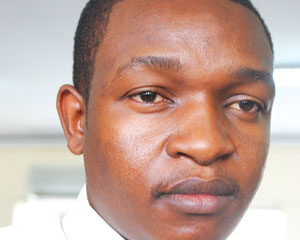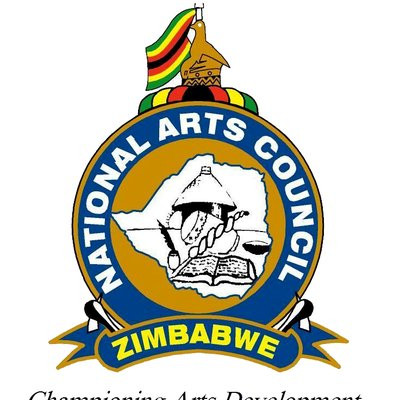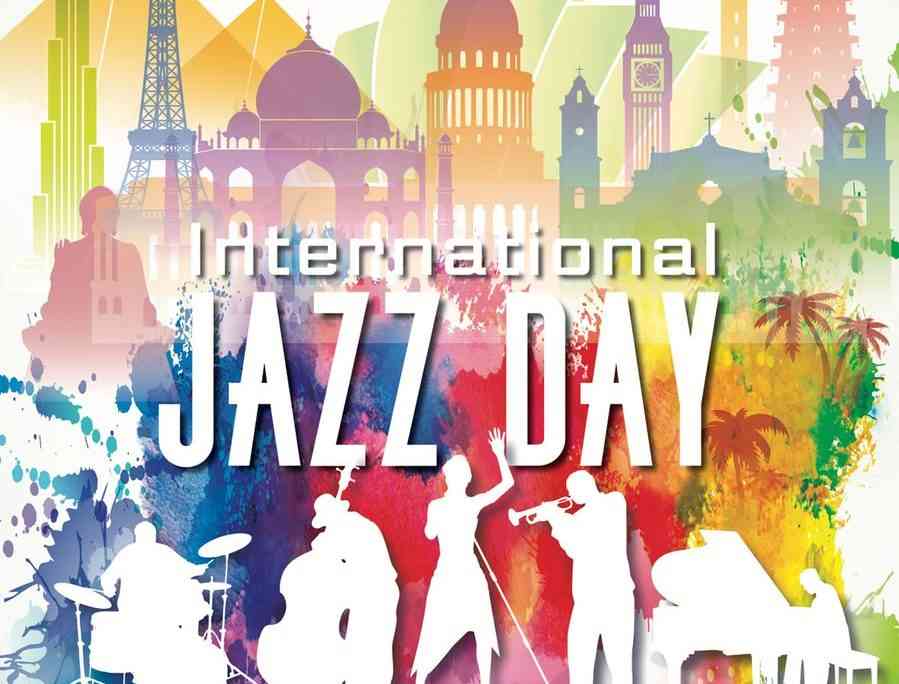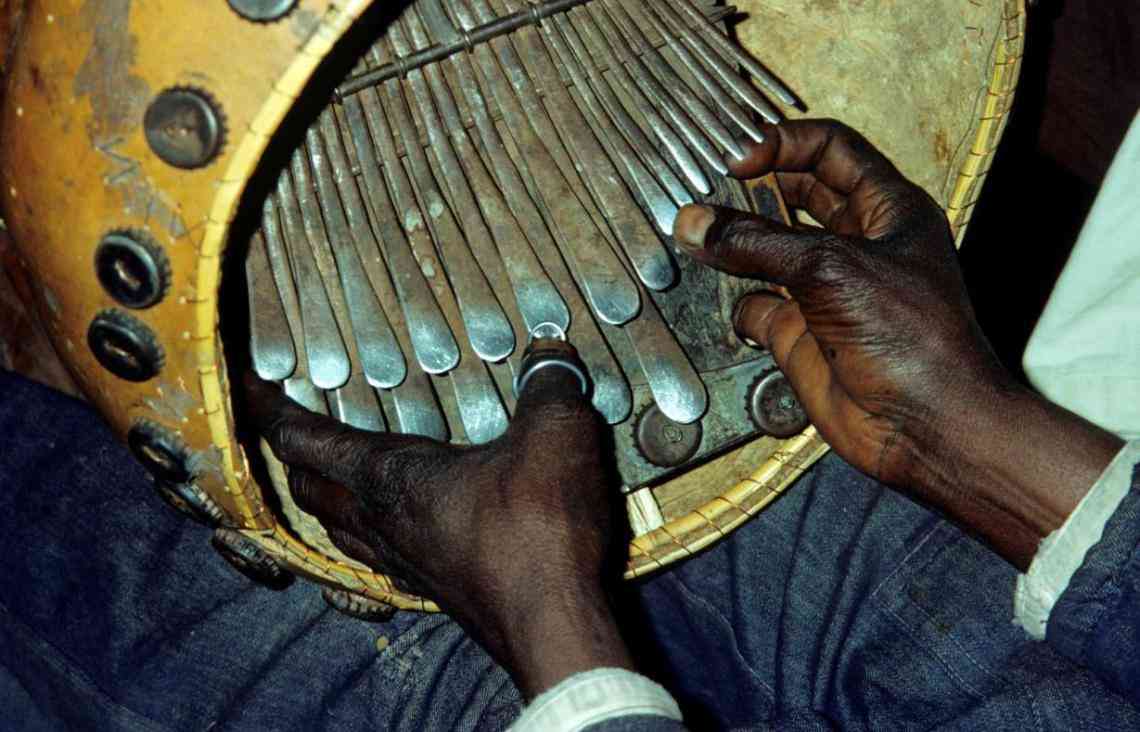
IT has been quite a while since this column last appeared, and it is my hope that you had a great start to the year.
Between the lines with Phillip Chidavaenzi
I also hope that despite all the temptations of the new multi-media technology, we will retain our love for the traditional hard copy whenever we can lay our hands on it.
Nothing beats reading for those who want to improve their reading and writing skills as well as their experiences of other cultures and worlds other than their own.
To get us off this year is a book titled The Story of Christianity (Romanisn, Anglicanism, Methodism and Americanism), written by preacher-cum-author Trymore Mukoko.
At fist sight, the book looks deceptively small, but the moment you begin to wade through it, it becomes increasingly clear that it is a deep well of knowledge and information on the Christian faith and the development of the church as an ecclesiastical body that we know today.
I salute Mukoko for daring to write a book of this nature, primarily because we have very few young, local authors writing about the Christian faith.
I remember when I was still in Bible School, almost all the texts we used were written by foreigner, and there is urgent need to deal with the poverty of local Christian material.
- Chamisa under fire over US$120K donation
- Mavhunga puts DeMbare into Chibuku quarterfinals
- Pension funds bet on Cabora Bassa oilfields
- Councils defy govt fire tender directive
Keep Reading
It is clear from the onset, as one reads this book, that Mukoko did his homework well, and the book betrays his love for research. While he has his own views on the developments that have occurred since the onset of the church, he has done well to use extensive materials to back his ideas.
There are sufficient references to make his book an authoritative text in its own right. And it is clear that the author is really passionate about research.
Matters of faith often easily touch raw nerves, particularly when you begin to tear apart certain belief systems, dogmas and religious traditions, particularly those that have held sway for centuries.
But from a reading of this book, one can easily tell that Mukoko has a special grace for dealing with otherwise emotional issues in a rational way.
The book is littered with nuggets of revelation and throughout the narrative of Church history beautifully woven together here, one can sense the author’s silent but urgent cry for the Church to retrace its foot steps back to the true gospel.
If you have ever wondered how traditionally dominant mainline denominations such as the Roman Catholic, the Anglican Church and the Methodist Church ended up where they are now, then this is one book you may need to read. It will be particularly helpful as supplementary material for students of church history.
When one looks at the United States of America today, they may wonder how it ended up just a lukewarm state as it is today, having started off with such greatness. In The Story of Christianity, Mukoko traces how America started off with God who was worshipped by its founding fathers who had escaped religious persecution in Europe, but ended up seriously compromised particularly because of its rather “unholy” alliance with the Roman Catholic Church.
Obviously, there will be points of conjecture, and I found some – particularly the author’s subtle attempt persuade the reader to accept that its wrong to worship on a Sunday because he believes it was the Roman Catholic Church that instituted Sunday worship when believers were supposed to worship on the seventh day of the week.
The author leaves a number of questions hanging, having skirted certain issues, like tracing how the followers of Jesus started meeting on the first day of the week following his resurrection.
It would also have been helpful to analyse how in many nations, Christians are meeting for church services during week days because Saturdays and Sundays are official business days in their countries. While Mukoko’s writing cannot be faulted, a thorough text edit could have taken a care of a few technical errors in the text. But otherwise, this is a well written book. Till next week, keep reading!
Feedback: [email protected]











